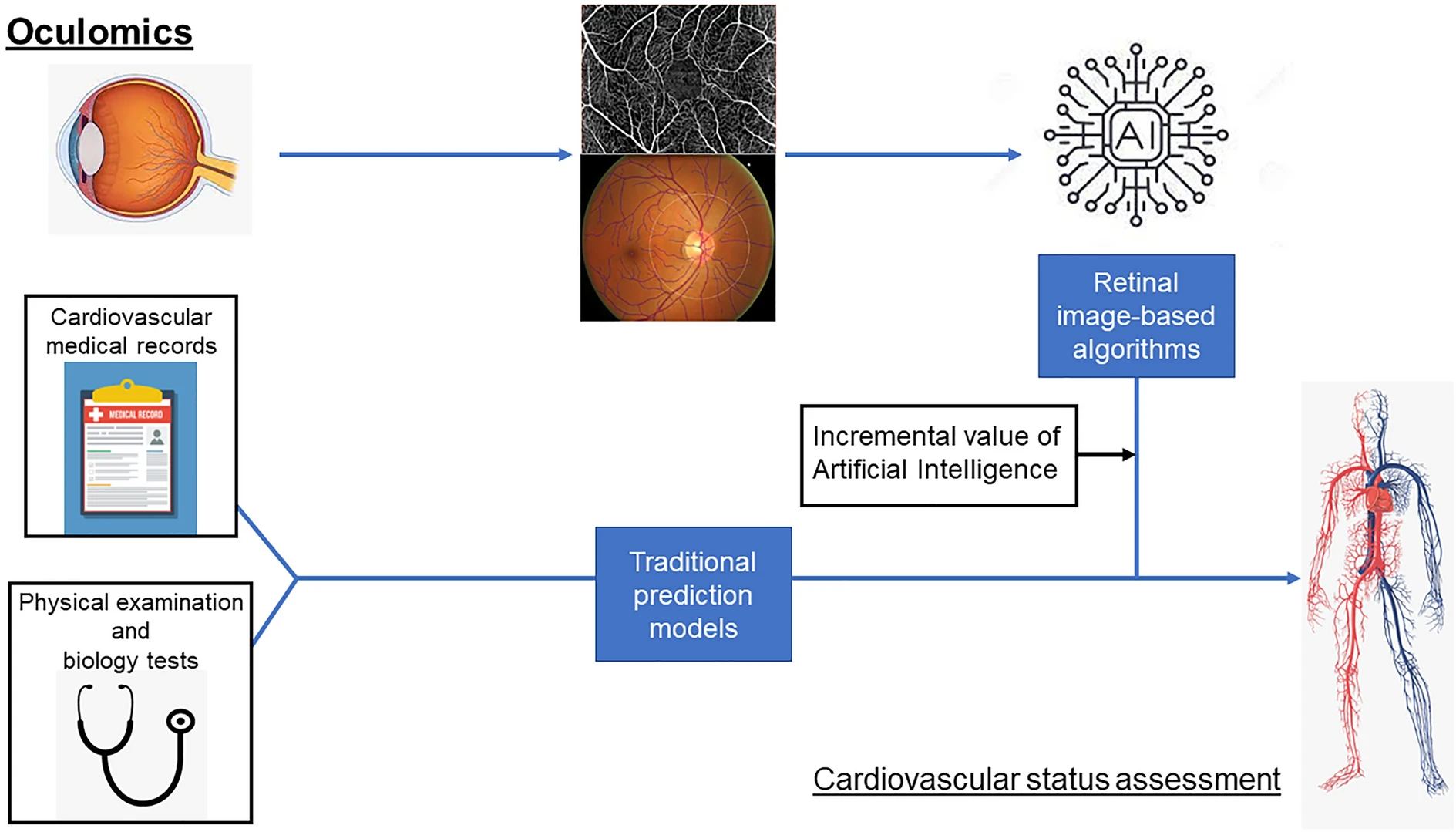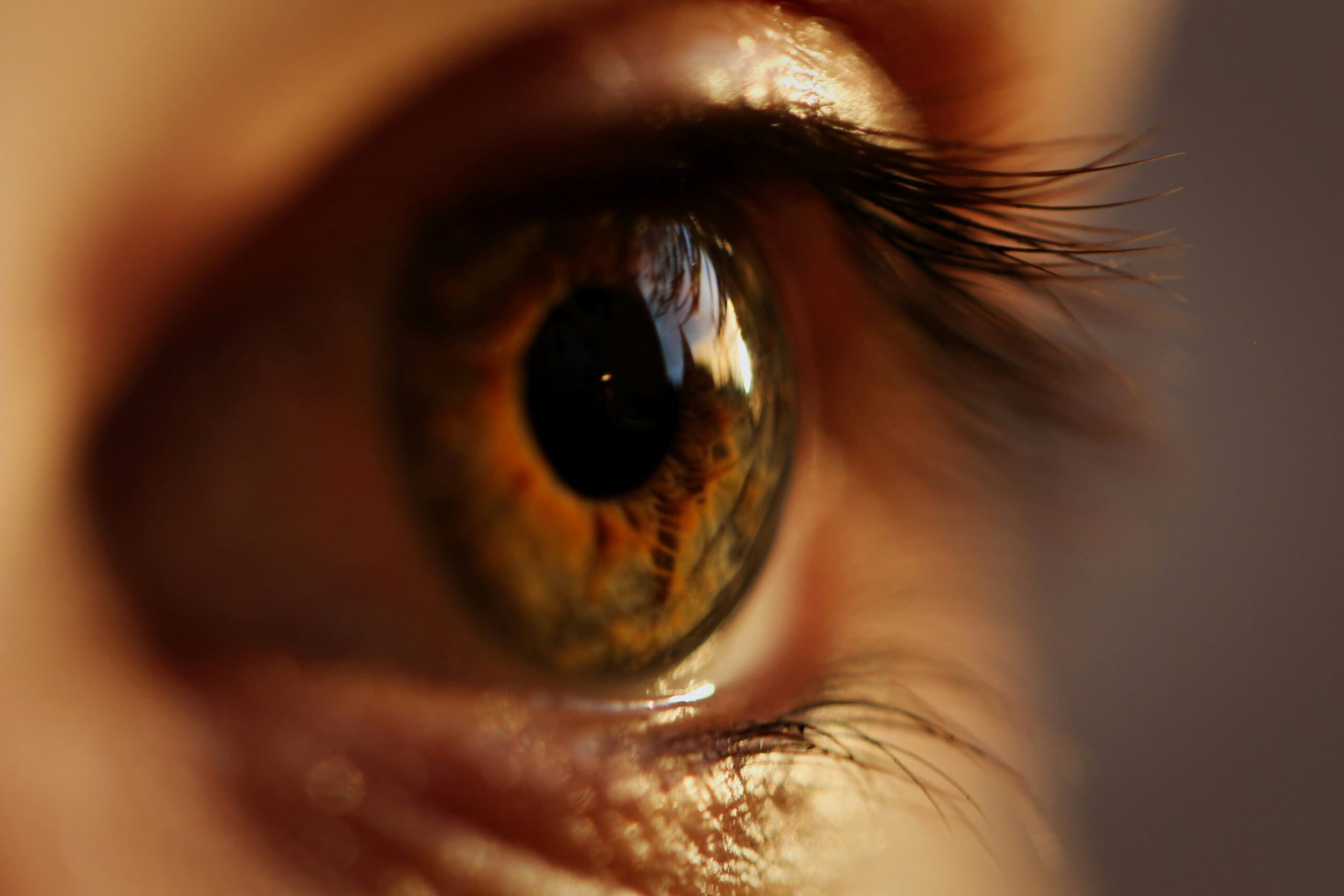How Retinal Neuromodulation Enhances Brain Health and Recovery
How can light aid patients’ recovery from brain injuries, strokes, and other neurological disorders, or help them build better brains for learning? Why might optometrists become the first line of defense in detecting health problems early?
These are questions optometrist and retinal processing expert Deborah Zelinsky OD will explore in her upcoming presentation at the 8th European Public Health Conference April 4 in Barcelona, Spain. Her topic Improving Public Health Non-Invasively with Innovations in the Central Nervous System via Retinal Neuromodulation will underscore the mission and work of the Mind-Eye Institute, of which she is founder and executive director of research.
“Changes in the retina reflect changes in the brain. Optometrists have known this fact for decades. Now the public health field has caught up.” - Deborah Zelinsky, OD
Using Light to Stimulate the Retina and Modulate the Brain
The Mind-Eye Institute, based in Northbrook, Illinois, is internationally known for connecting optometry with neuroscience. The retina is composed of brain tissue and plays a key role in the central nervous system.
The institute’s innovative, non-invasive use of therapeutic eyeglasses, contact lenses, filters, and other advanced optometric tools to modify the amount, angle, and intensity of light passing through the retina is pioneering a new aspect of optometry – that of modulating the central nervous system via retinal stimulation.
Dr. Zelinsky explains that altering the way light enters the retina:
Creates changes in brain activity by often mitigating symptoms from traumatic head injury, concussion, stroke, or neurological disorders. These symptoms include visual processing disorders, headaches, brain fog, concentration and attention problems, sleep difficulties, even balance and walking.
Oftentimes proves effective in building undeveloped visual processing skills in children – and adults – with autism spectrum disorder, attention deficit hyperactivity disorder, and other learning difficulties.
Modifies some internal systems that regulate metabolism, motor control, posture, mood, circadian rhythm, and decision-making abilities, among other processes.
Supports the Mind-Eye Institute’s overall goal of using advanced optometric neuroscience to synchronize a patient’s sensory inputs, especially the link between eyesight and hearing, thereby lessening external stressors, enhancing a patient’s quality of life, and helping improve a patient’s perception of surroundings.
Oculomics and Retinal Biomarkers in Early Disease Detection
Thanks, in part, to new state-of-the-art retinal imaging techniques and the emerging science of oculomics, the practice of examining a patient’s eye to find and identify biomarkers for the presence of chronic, systemic diseases is quickly becoming the next major step forward in the field of optometry.
A world-renowned expert on how retinal stimulation can impact and change brain function (process of neuromodulation), Dr. Zelinsky has long contended “changes in the retina reflect changes in the brain. We know that, through the eye, we are able to evaluate the body’s microvascular and neurosensory systems, finding evidence of hypertension, diabetes, colon cancer, and even presence of neurodegenerative disorders like Alzheimer’s and Parkinson’s disease. Newer research is showing that other disorders such as bipolar disease and schizophrenia also have signature retinal changes.
“Increasing the understanding of the eye’s retina and its critical role in affecting brain function will have a major effect on public health." - Deborah Zelinsky, OD
The Role of Neurotransmitters in Retinal and Brain Function
In fact, many neurotransmitters, like dopamine, acetylcholine, glycine, serotonin, and glutamate, are found in the retina, Dr. Zelinsky explains. “Any imbalances in these elements can lead to a variety of symptoms, including sleeping problems; learning, concentration, and memory difficulties; and/or biochemical disorders, like depression, anxiety, mood dysregulation, and others.
“Increasing the understanding of the eye’s retina and its critical role in affecting brain function will have a major effect on public health, providing for earlier diagnosis and treatment of disease,” Dr. Zelinsky will tell participants at the European Public Health Conference.

From Ophthalmology and Therapy: Fig. 1: Oculomics and assessment of cardiovascular status
Why Optometrists Are the Future of Preventative Healthcare
Other scientists agree. Writing in a December 2022 version of Ophthalmology and Therapy, authors note that oculomics, when supported by the application of artificial intelligence, could help identify changes in the retinal vascular network and even predict “major cardiovascular events,” such as stroke, heart attack, and cardiovascular death. Cardiovascular disorders are a leading cause of death globally, these investigators say, and a better understanding of retinal biomarkers through oculomics might result in improved cardiovascular treatment protocols and even prevention.
The study findings do not surprise Dr. Zelinsky.
“Continuing advancements in understanding the role of retinal signaling as a significant component of the central nervous system may one day make optometrists the go-to professionals for the diagnosis and modulation of a variety of disorders. The ability to assess brain activity noninvasively – from both the inside and outside – puts optometrists at the forefront of an exciting future for all health care.”

